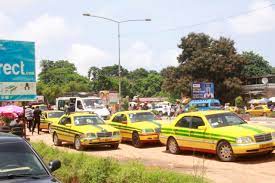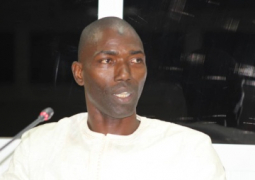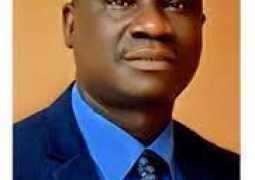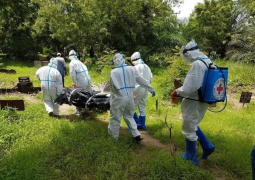
Venting their concerns to this reporter who visited various garages in the Greater Banjul Area and West Coast Region, people from the two sides of the same coin said they see no good reasons why the Transport ministry decided to raise fares by D2.00 when they should have maintained the pump price of fuel for the time being until such a time it will be appropriate or justifiable to raise fares; a point to avoid the constraints of using coins in the exchange.
Most of the drivers said the joint agreement between the Gambia Transport Union and the Gambia government, to increase transport fares in all approved routes across the country effective 20 January, has ignited several reactions among members of the public.
Abdoulie Jallow, a driver plying the Banjul-Westfield route, said the government should have reduced or maintained the price of fuel instead of increasing the transport tariffs.
He said the joint agreement to increase transport tariffs across the length and breadth of the country has been the main subject of debate between drivers and commuters.
He indicated that whilst some drivers welcomed and celebrated the decision by the government to increase the tariffs, many other drivers believe the move was inappropriate and inapt.
Another driver Muhammed Joof said the increment of transport tariffs “will not bring any positive gain for both drivers and commuters”.
"In my opinion, this new tariff is neither in our favour nor in the favour of the commuters; it is contributing nothing to improving the status of our roads,” Joof said, adding: “The transport tariff is just adding more problems to the people’s burden. My wish therefore is for the authorities to reconsider their decision and look into the fuel price that would allow us to do our work as expected.”
Ebrima Sarr and Foday Badjie, both drivers, expressed concern on the exchange of coins between apprentices and commuters, saying the paucity of coins in circulation could cause conflict between the two parties.
Seedy Jobe, another driver, said: “The new tariff will only bring conflict between the apprentices and commuters, because the apprentices will not allow incomplete fares from passengers and the passengers will not leave their coins in the hands of the apprentices.”
Also, a passenger, Isatou Jammeh, said: “Adding one or two dalasis to the tariffs will only lead to confusion hence authorities should make it in a way that will not involve any coins.”
One thing for sure is that the apprentices will argue every day with their passengers over the issue of coins and that could be avoided if coin is not involved, she said.
Fatou Kujabi, another passenger at Westfield-Bakau garage, has called on the authorities responsible for transport to make things easy for everyone.
"I don’t see any importance in this new tariff because this can influence the petroleum stations to increase further their fuel tariffs,” she said. “The government should have just left the tariff as it is and reduce or maintain the price of petrol."
Malamin Jarju, a driver at Tippa Garage, for his part, applauded the decision of increasing transport tariffs by the Ministry of Transport, Works and Infrastructure and the Gambia Transport Union.
"I wish the authority should increase the tariffs again, because this job is not easy,” he said. “If you have to embark on the Turntable-Tippa Garage route just for forty dalasis, and you have to repeat that, say, ten times in a day, you would realise only four hundred dalasis. Will that be enough to buy fuel or cover its cost? No. So if people want the tariffs or fares to be reduced, they shouldn’t start it from the drivers."
However, the introduction of a route licensing scheme and fare increment for commercial vehicles, according to the authorities, seeks to improve the overall efficiency of the transport system in the country, although most of the drivers that spoke to this medium do not see the viable future of this new system.




